Prevent Costly Repairs with Regular Chimney Checks
Regular chimney inspections are essential for ensuring safe and efficient operation of fireplaces. They help identify potential issues before they develop into costly repairs or safety hazards, maintaining the integrity of the chimney system.
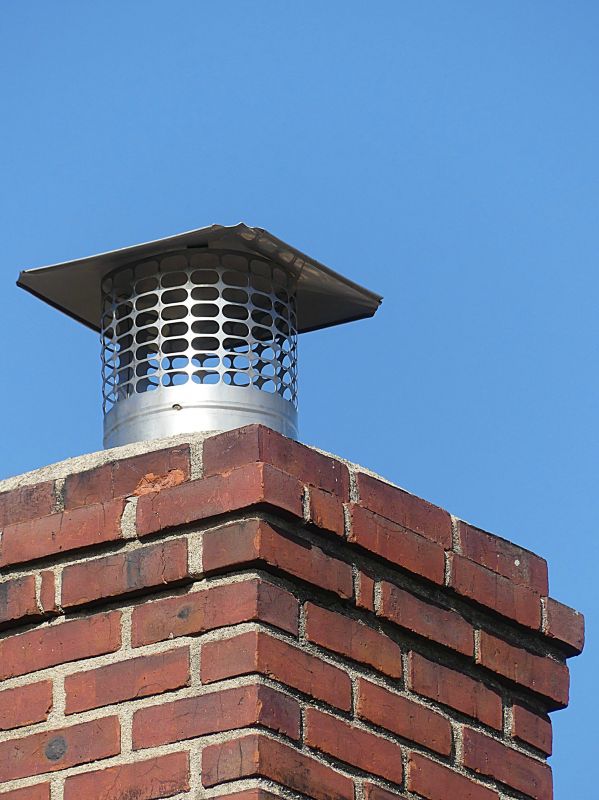
A chimney cap prevents debris, animals, and water from entering the chimney, protecting the interior components.
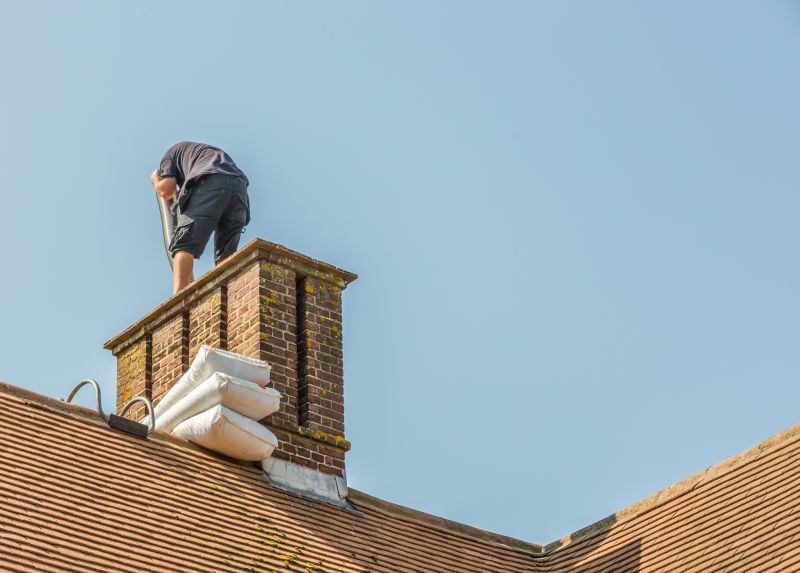
The liner directs smoke safely outside and insulates the chimney, reducing fire risk and improving efficiency.
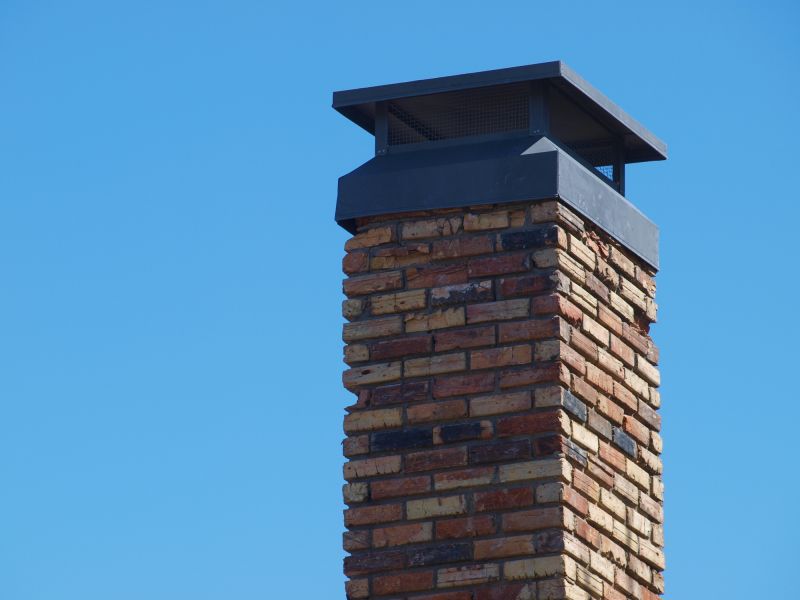
The damper controls airflow and prevents heat loss when the fireplace is not in use.
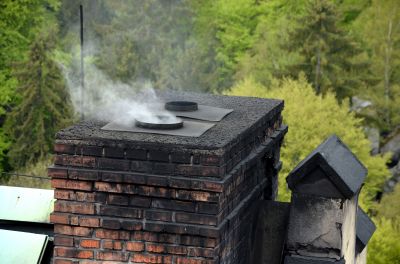
The flue channels smoke and gases out of the home, requiring inspection for blockages or damage.
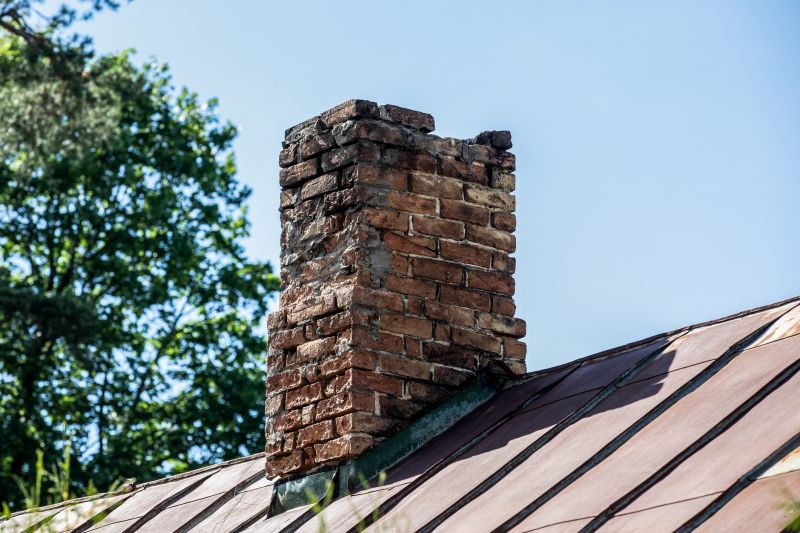
The exterior structure should be checked for cracks, deterioration, or obstructions that could compromise safety.
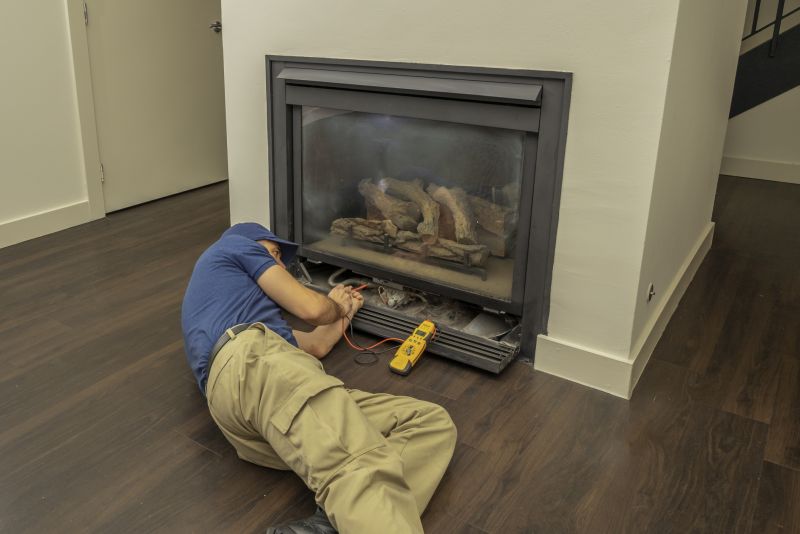
The hearth provides a safe area for burning and should be inspected for cracks or damage.
Proper inspection of chimney components such as the chimney cap, liner, damper, and flue is vital for preventing hazards like chimney fires, carbon monoxide leaks, and structural damage. Neglecting these elements can lead to dangerous situations, including smoke backdrafts and fire risks.
Ensures the cap is intact and functioning to prevent debris and animal intrusion.
Checks for cracks, corrosion, or deterioration that could allow heat or gases to escape.
Verifies the damper opens and closes properly to control airflow.
Inspects for blockages, creosote buildup, or damage that could hinder proper venting.
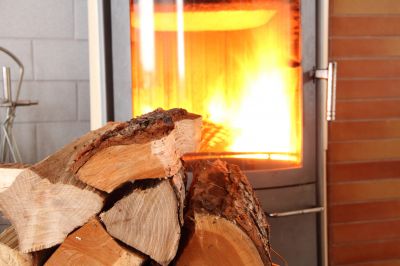
A traditional wood fireplace with a visible chimney structure.
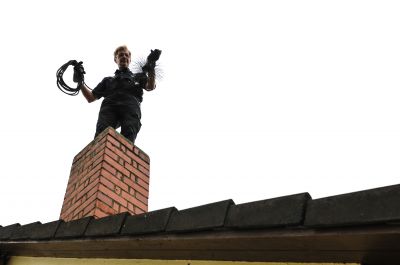
Shows the outside of a chimney with brick construction.
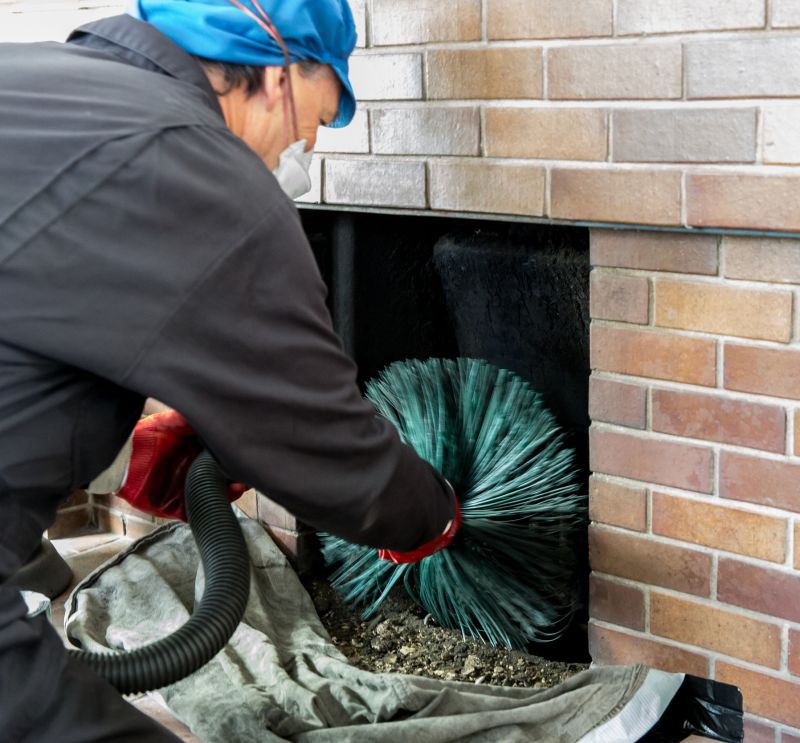
Close-up of a damper inside the chimney flue.
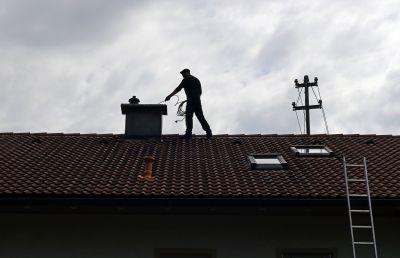
Technician performing a thorough inspection of a chimney.
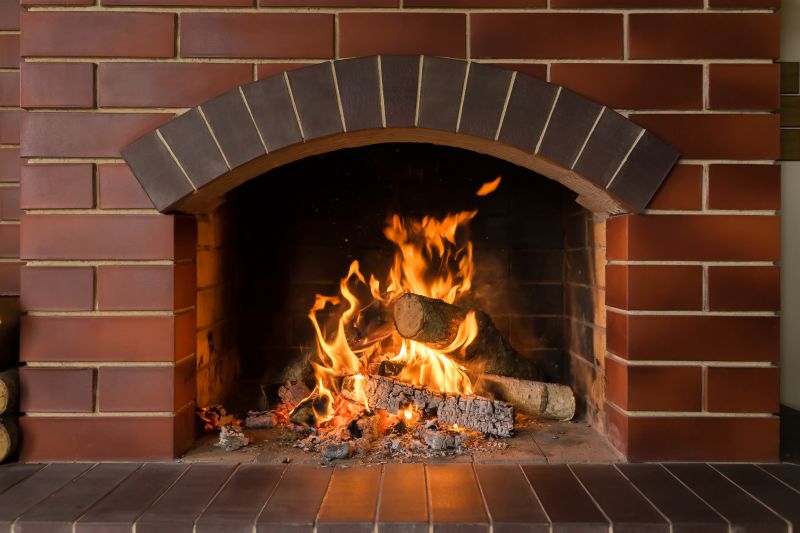
Interior view of a fireplace with a brick hearth.
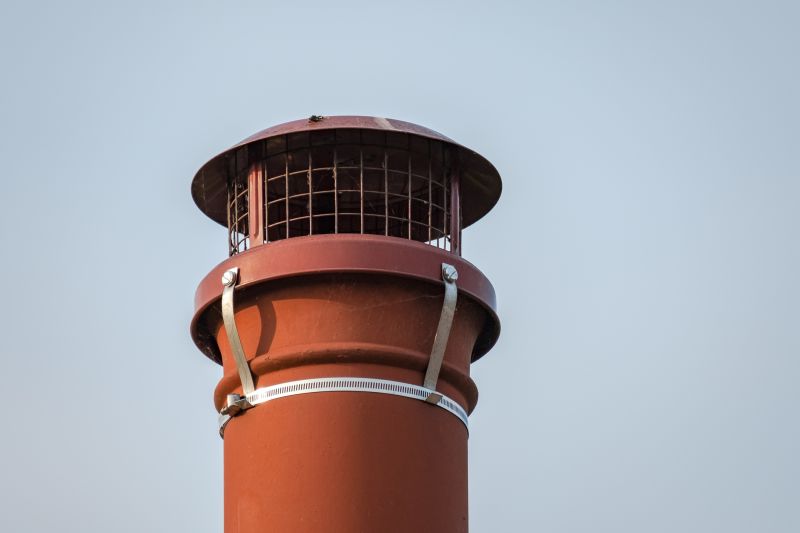
Chimney cap installed on top of the chimney to prevent debris entry.
To receive a detailed quote for chimney inspection services, use the contact form. Professional inspection provides peace of mind and helps maintain a safe, efficient fireplace environment.



